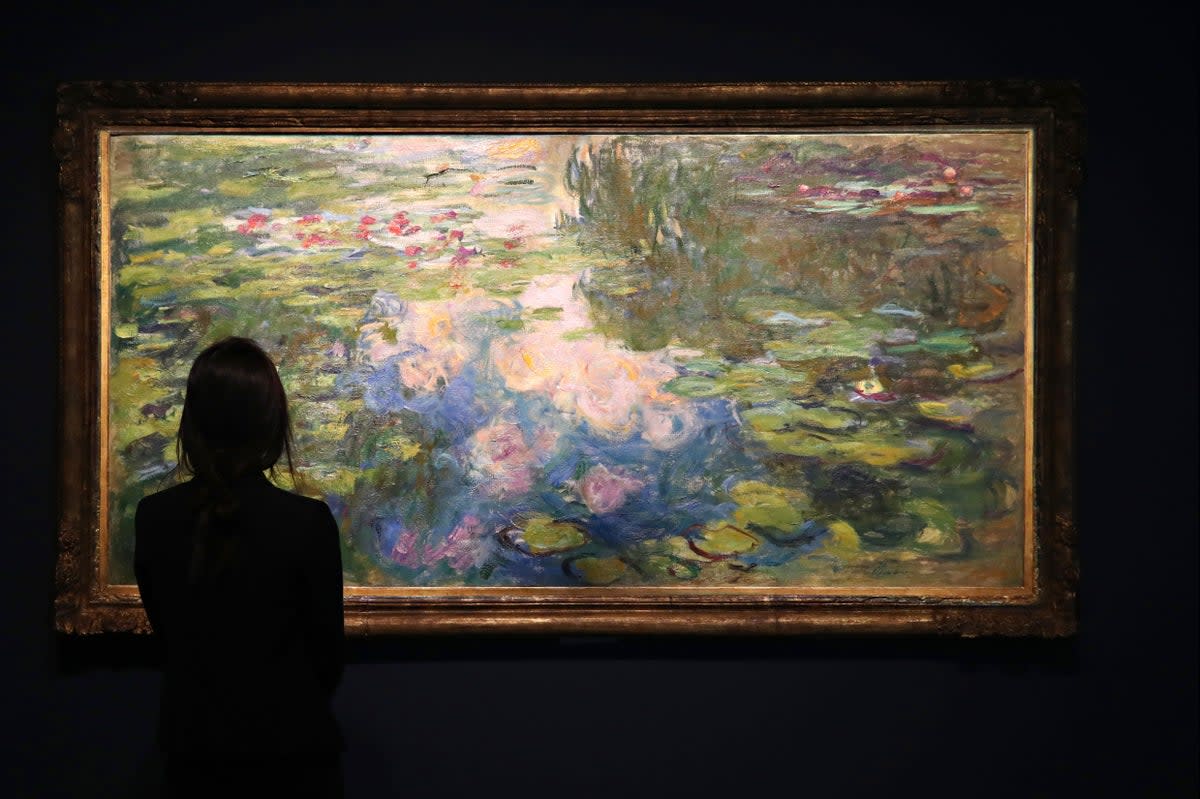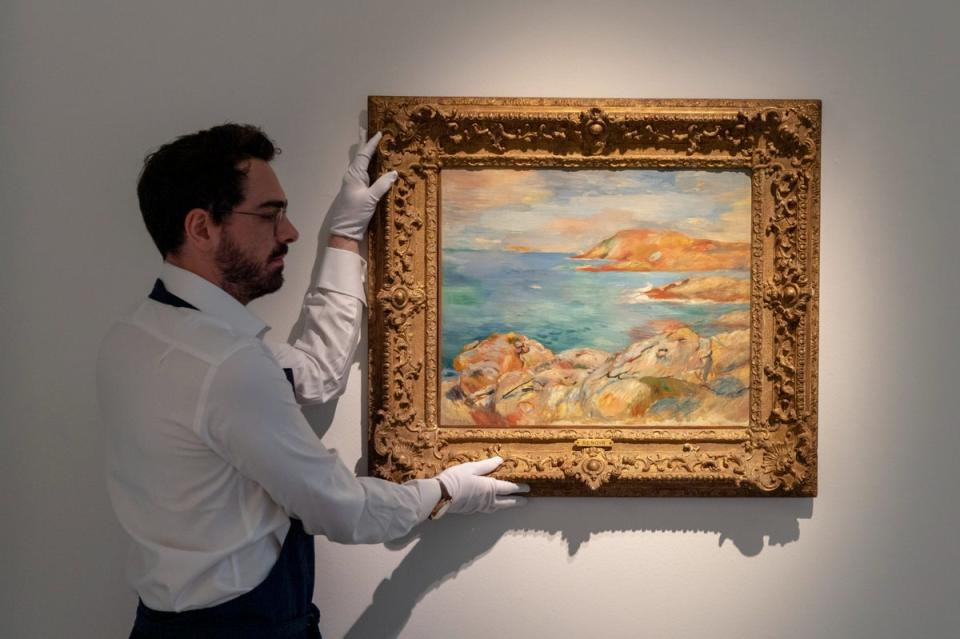Phoney Monet: AI technology detects up to 40 fake artworks for sale on eBay

An expert in art authentication has detected up to 40 counterfeit paintings for sale on eBay, including pieces supposedly by the likes of Monet and Renoir.
In a new report published by The Guardian, many high-priced artworks advertised on the online marketplace were found to have a “high probability” of inauthenticity when ground-breaking AI technology tested their genuineness.
Dr Carina Popovici, the head of the Swiss company Art Recognition, called the discovery of up to 40 fake artworks the “tip of the iceberg” of a potentially larger problem, even though the website has a “no counterfeit” policy.
“We looked today and we downloaded some images, and there were fakes all over the place,” Popovici said in the report, published on Wednesday (8 May).
“Everything that we have analysed turns out to be not real art, a negative probability with 95 per cent or so. I’m sure that this is just the tip of the iceberg.”
Among the images detected by the AI tests as fake includes one advertised as a Monet, titled “Forest With a Stream” for $599,000 (£477,000).
Another, described as a study of Claude Renoir, was listed for $165,000 (£137,000) but was removed after The Guardian contacted the seller for comment.

Popovici continued by noting that she has yet to receive a response from eBay after repeatedly expressing her concerns since December.
“I tried so hard to talk to them. I’m extremely frustrated that they don’t answer,” she said.
“I’m really very disturbed about this. They have a responsibility. They can’t just pretend that they don’t see what is happening, because there is so much of this. There are clear indications that there is a major problem there.”
The Independent has reached out to eBay for comment.

In a statement provided to The Guardian, a spokesperson for the company reiterated that the listing of inauthentic goods on the site is not allowed.
“The sale of counterfeit items is strictly prohibited on eBay, and we are committed to ensuring that goods sold on our platform are authentic,” the statement reads.
“We do this by using multiple layers of AI technology, professionally trained eBay investigators and buyer protection programs. eBay proactively blocked 88 million suspected counterfeits from being published in 2022, while removing 1.3 million items from the platform following a review by an eBay investigator.
“In this case, we had already removed one of the items flagged to us.”
Intentional art forgery is classed as fraud in some cases and can lead to serious consequences for both the trader and the duped party.
In 2018, an art gallery in the south of France lost out on an estimated £140,000 after discovering that more than half of its paintings were fake.
Elsewhere, the “biggest art scammer in history” Inigo Philbrick served four years in prison after ultimately being charged with wire fraud equating to £69m.


